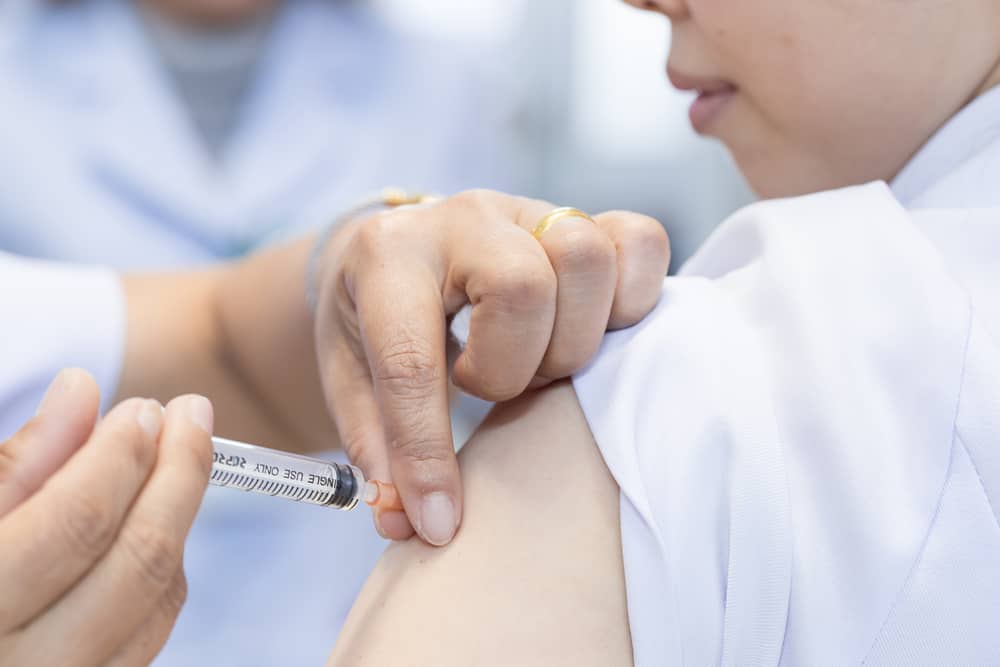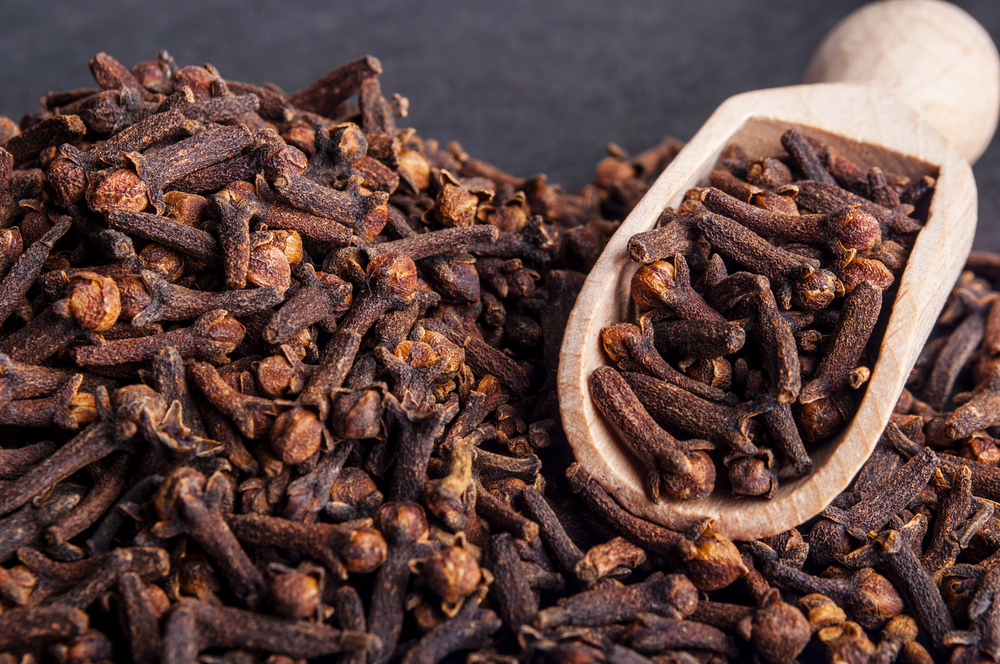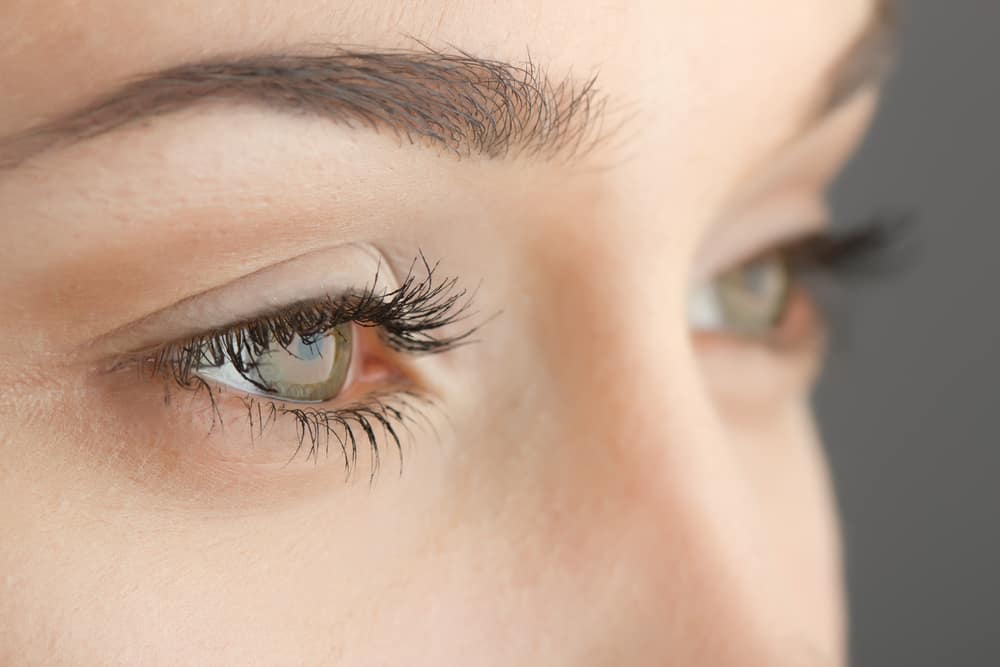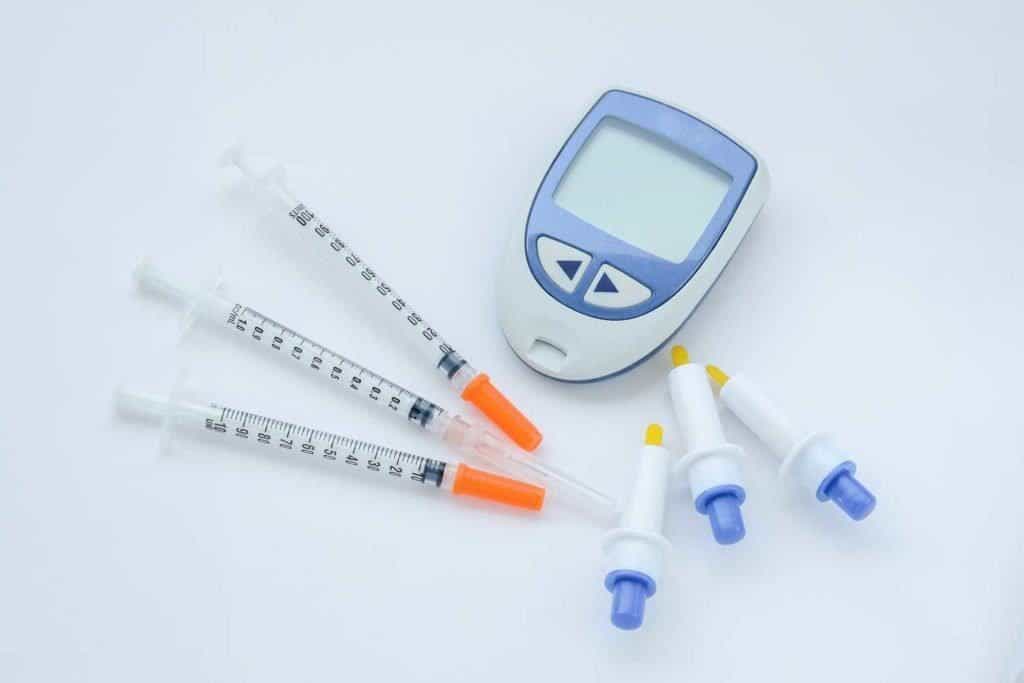Contents:
- Medical Video: Dr. Vandana Bhide: Vaccines prevent diseases (1:35)
- What is a vaccine?
- How effective is the resistance of the vaccine to the body?
- Some examples of immunizations must be repeated
- Tetanus and diphtheria
- HPV (Human Papiloma Virus)
- Pneumococcal
Medical Video: Dr. Vandana Bhide: Vaccines prevent diseases (1:35)
Early on, vaccines or immunizations are needed to fight and prevent various diseases. However, the efficacy or resilience of a vaccine does not necessarily protect your body forever. This can be due to various reasons. For example, because the immune system is unable to respond to vaccines properly, you have a weak immune system, or even your body is unable to produce strong antibodies to help fight infection. Based on all the factors above, how effective is vaccine resilience or immunization in preventing various diseases?
What is a vaccine?
A vaccine is an antigen that is used to produce an immune system against an illness. Well, giving a vaccine or immunization is intended to prevent or reduce the influence of someone affected by an infection that causes disease.
By injecting antigens into the body through immunization, the body's immune system can recognize foreign organisms, such as viruses, causing disease by producing antibodies. These antibodies will later fight pathogens before they spread and cause disease.
How effective is the resistance of the vaccine to the body?
Duration of vaccine resistance from various diseases and bacteria that attack the body is different. Resistance to disease, or lifelong immunity, cannot always be obtained by immunization.
Certain diseases, sometimes require repeated immunization every few time periods. Please note, if the efficacy of the vaccine is different from its effectiveness. This depends on several factors such as:
- Are you on time for immunization.
- Not all vaccines are as effective. Some are more effective than others depending on what disease the vaccine is.
- Some vaccines for one type of disease also do not have the same effectiveness.
- Sometimes some do not respond at all to certain types of vaccinations. This is generally caused by different genetic factors in each person.
Some examples of immunizations must be repeated
Tetanus and diphtheria
Generally tetanus and diphtheria vaccines can be obtained with three primary doses of the vaccine diphtheria and tetanus toxoid, both doses can be given at least four weeks apart, and the third dose is given six to 12 months after the second dose.
However, if there are adults who have never received tetanus and diphtheria immunization on a regular basis, they are usually given a primary series and followed by a booster dose every 10 years once. This type of vaccine is usually recommended for adults aged 45 and 65 years.
HPV (Human Papiloma Virus)
The HPV vaccine is recommended for girls and boys at the age of 11 or 12 years, although immunization can be given early at 9 years of age. It is ideal for girls and boys to receive vaccines before they have sexual contact and get HPV. The HPV vaccine can be repeated every time 5 to 8 years once.
The response to immunization is also better at a younger age than in old age. For those over 15 years, all three immunizations can be given as a series of three injections within six months:
- First dose: Right now
- Second dose: 2 months after the first dose
- Third dose: 6 months after the first dose
If there is a delay in getting the second or third vaccine, you don't have to repeat the whole series. But, for full protection and long periods of time, all three doses are highly recommended.
Pneumococcal
Pneumococcal vaccine is a vaccine intended to prevent diseases caused by bacterial infections Streptococcus pneumoniae or more often called pneumococcal infection. The CDC recommends 2 pneumococcal vaccines for all adults aged 65 years or older, who suffer from chronic cardiovascular disease, diabetes mellitus, or other risk factors such as diseases of the lungs or liver.
You must receive a PCV13 dose first, followed by a PPSV23 dose, at least 1 year later. If you have received a PPSV23 dose, the PCV13 dose should be given at least 1 year after receiving the latest PPSV23 dose. However, if you have received a PPSV23 dose at the age of 19-64, then the second PPSV23 injection (after age> 65 years) must be at least 5 years from the first PPSV23 injection.












